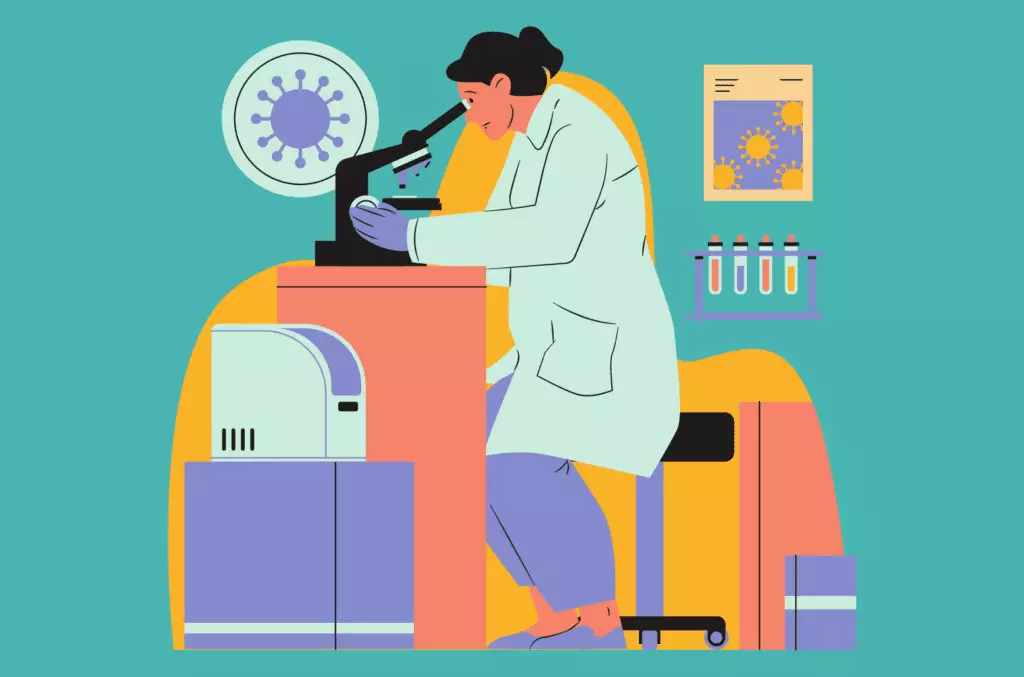
We have known for a while that fluctuation in hormones is a major contributing factor to female hair loss. And that women’s hormones will naturally fluctuate throughout her life for many reasons —a significant reason being menopause.
Published in Menopause, the Journal of The North America Menopause Society, a study titled Prevalence of female pattern hair loss in postmenopausal women a cross-sectional study evaluated 178 postmenopausal women aged 50 to 65 for Female Pattern Hair Loss (FPHL).
Of the 178 women, 52.2% were diagnosed with FPHL.
Of those diagnosed with FPHL, 73.2% were diagnosed with mild hair loss, 22.6% were diagnosed with moderate hair loss, and 4.3% were diagnosed with advanced hair loss.
This study helps to confirm what we already knew, which is that female hair loss is common, and it is also rare for women to get to very advanced stages of loss.
Female Pattern Hair Loss, officially known as Androgenic Alopecia, is the most common cause of hair thinning and loss in women. It certainly is more common as women age, particularly after menopause, but it can start as early as the teenage years. Hormones play a prominent role in this type of hair loss, especially the “androgenic” hormones such as testosterone.
Female pattern hair loss is typically more pronounced in the frontal areas of the scalp. Over time, the hair shaft gets thinner in a process known as “miniaturization,” and eventually, many follicles will stop producing hairs altogether.
Keep in mind this study only looked at one type of hair loss, and while it does confirm 1 out of 2 women will experience Female Pattern Hair Loss after age 50, there are many other types of hair loss and causes.
Many women still experience hair loss before menopause, and the number of women experiencing hair loss is much higher than most people realize.
Signs of any type of female hair loss include:
If any of these signs become a concern for you, it is always better to see a female hair loss specialist as early as possible. It is always easier to prevent future hair loss than regrow what you have already lost.
Remember that you are not in this alone, female hair loss affects many women, and great treatment options are available for you.
_______________________________
Study Sources:
Chaikittisilpa, Sukanya MD, MSc1; Rattanasirisin, Nattiya MD1,2; Panchaprateep, Ratchathorn MD, PhD3; Orprayoon, Nalina MD1; Phutrakul, Phanuphong PhD4; Suwan, Ammarin MD5; Jaisamrarn, Unnop MD, MHS1 Prevalence of female pattern hair loss in postmenopausal women, Menopause: February 14, 2022 - Volume - Issue - doi: 10.1097/GME.0000000000001927